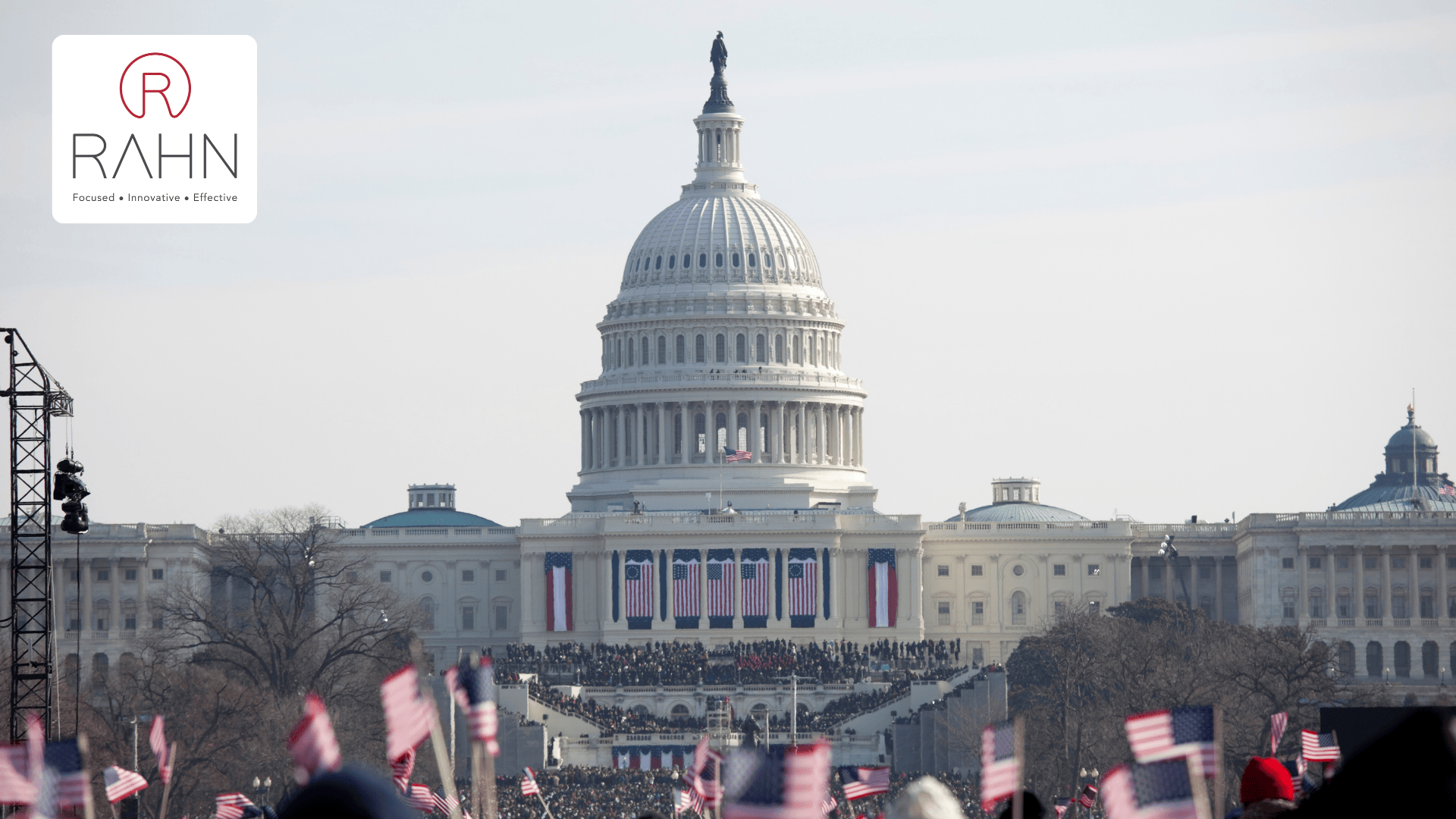U.S. Presidents Influence Global Sanctions
How Do Presidents Influence Global Sanctions when they take office?
Sanctions Compliance in a Changing Political Landscape
When a new leader, such as Donald Trump, assumes power, global sanctions lists often shift dramatically. Presidents influence global sanctions, driving these changes through shifts in foreign policy, economic strategy, and national security concerns causing significant changes in policies and regulations. Presidents influence global sanctions through changes in foreign policy, economic strategy, and national security concerns. Understanding the reasons behind these changes is crucial for businesses and compliance officers to mitigate risks and ensure regulatory compliance.

Foreign Policy Shifts
Presidents influence global sanctions through their foreign policy decisions, shaping economic and diplomatic relations worldwide.
Every administration has unique geopolitical priorities. Consequently, these priorities shape how sanctions are implemented and enforced. For instance, Trump’s presidency saw increased sanctions on China, Iran, and Venezuela. A more aggressive stance on economic restrictions was used to counter global adversaries. Some leaders prioritize diplomacy, while others use sanctions as leverage in negotiations.
National Security and Economic Interests
Sanctions help protect national security by blocking hostile regimes from accessing financial systems. Moreover, they act as deterrents against economic and political threats. They can also serve as economic weapons, such as Trump’s trade sanctions on China’s tech industry.
Reversing or Reinforcing Previous Policies
Trump reimposed sanctions on Iran after withdrawing from the 2015 nuclear deal. As a result, diplomatic relations with Iran were significantly affected. Biden reversed some Trump-era sanctions, particularly those related to diplomatic efforts with Russia.
Human Rights and Political Pressure
Sanctions may target countries, individuals, or companies accused of human rights violations, terrorism, or corruption under legislation such as the Magnitsky Act. Furthermore, these measures serve as a tool for international accountability. Political pressure from international allies often influences sanction decisions.
Retaliation and Diplomatic Tensions
Trump’s administration sanctioned Chinese officials and companies due to human rights concerns, trade disputes, and cybersecurity threats. Consequently, these actions fueled tensions between the two nations. Countries frequently respond with countersanctions, escalating economic conflicts.
How Do These Changes Impact Businesses and Compliance?
Businesses subject to anti-money laundering legislation and engaged in international transactions, banking, or trade must stay updated on sanctions lists to avoid legal penalties and reputational damage. Rapid changes require real-time compliance monitoring to ensure that sanctioned individuals or entities are not engaged in financial transactions.
How Can Compliance Officers Stay Updated?
Use Advanced Sanctions Screening Tools
RAHN Monitor provides real-time access to key global databases, including OFAC (USA), UN Sanctions List, EU Sanctions List, UK Sanctions (OFSI), and South African FIC and Zondo Reports.
Automate Alerts and Adverse Media Monitoring
Set up automated alerts for newly sanctioned individuals or entities. Leverage RAHN MonitorGPT for AI-powered adverse media screening, tracking thousands of global news sources.
Conduct Regular Sanctions Audits
Perform periodic audits to ensure client databases remain compliant with the latest sanctions. Recheck high-risk customers frequently to avoid compliance violations.
Strengthen Internal Policies and Employee Training
Develop a sanctions compliance policy with clear screening, due diligence, and reporting protocols. Train employees to identify red flags and escalate concerns efficiently.
Utilize AI and Data Analytics for Risk Detection
AI-driven tools like Monitor GPT help detect suspicious patterns and high-risk transactions. Automate risk scoring for better decision-making and prioritization.
Stay Informed on Geopolitical Developments
Sanctions change due to wars, diplomatic tensions, and policy shifts. Stay updated through FATF (Financial Action Task Force), FinCEN (Financial Crimes Enforcement Network), and government regulatory updates.
Establish a Rapid Response Plan
If a transaction involves a newly sanctioned entity, freeze the account if required, file a Suspicious Activity Report (SAR), and communicate with regulators to ensure compliance.
Maintain a Custom “Do Not Do Business” List
Use RAHN’s custom database to blacklist high-risk clients and entities. Ensure internal records align with global sanctions updates.
Sanctions lists evolve rapidly under new leadership, making real-time monitoring and compliance essential. By leveraging RAHN Monitor and AI-powered risk detection, compliance officers can stay ahead of global sanctions changes, mitigate risks, and protect their businesses from regulatory penalties.
Stay compliant ,Secure and Stay Ahead with RAHN Monitor.